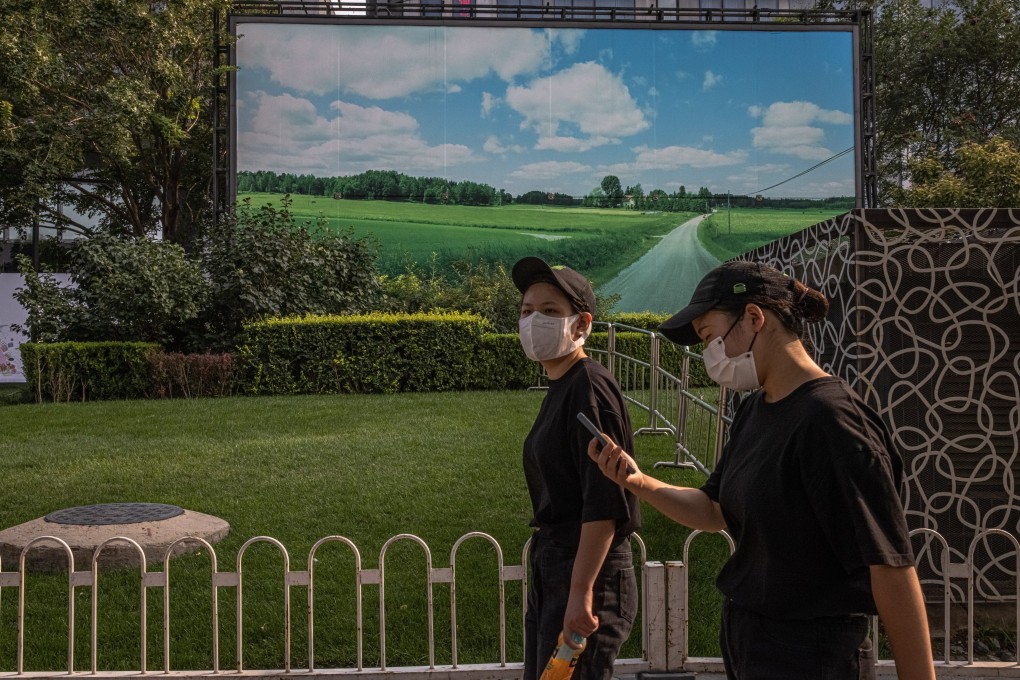The View | Where others fear to tread, China may succeed in cooling its property market
- Faced with runaway housing prices, most governments are reluctant to intervene, for fear in part of endangering the post-pandemic recovery
- By contrast, Beijing has upped the ante in its clampdown. The housing market remains central to its drive to reduce inequalities

House prices are rising across the world at a rapid pace, putting pressure on governments and central banks to take action to counter threats to financial stability and address concerns about affordability. The ferocity of the price increases is matched only by the unprecedented geographic breadth of the boom.
According to Knight Frank, average home values across 56 developed and emerging markets rose 7.3 per cent year on year in the first quarter of this year, their fastest rate since the fourth quarter of 2006. Only four countries witnessed declines in prices, while 13 experienced double-digit gains.
A combination of ultra-low interest rates, savings accumulated during lockdowns and the pandemic-induced shift in demand away from densely populated cities towards suburban and more rural locations has turbocharged the rise in prices.
Some countries have taken action. New Zealand’s central bank has restricted access to mortgages and plans to start raising interest rates despite an outbreak of Covid-19 cases. Last month, South Korea became the first major Asian economy to increase borrowing costs to help combat a surge in household debt that has caused home values to soar.

However, most governments are reluctant to intervene, partly due to fear that more restrictive policies – particularly the blunt instrument of rate hikes – will endanger the post-pandemic recovery.
